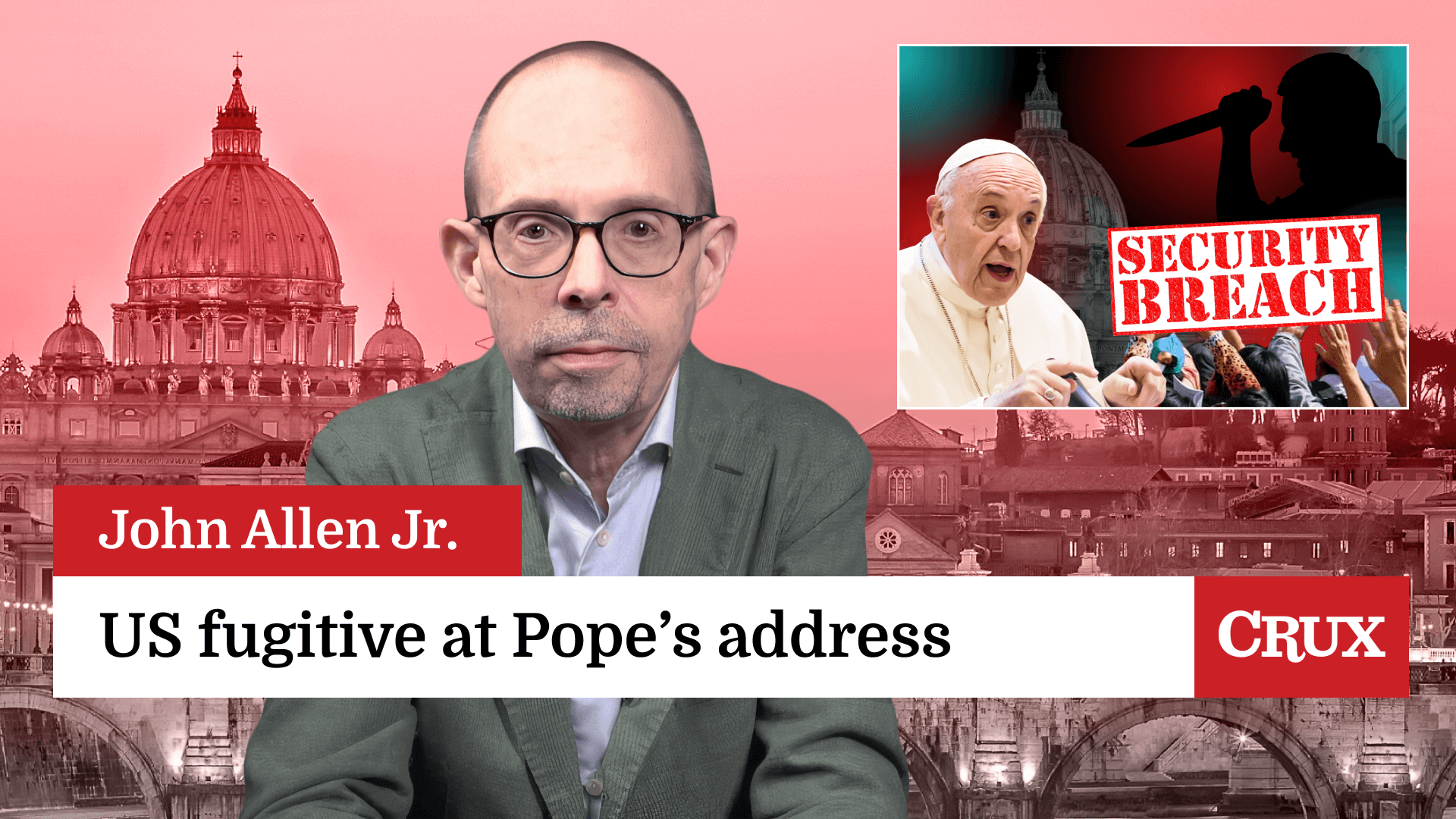ROME — In the Pope Francis era, there’s never a dull moment on the Vatican beat, and that was certainly true in early February. Storylines ranging from the pontiff endorsing spanking “with dignity,” to a Vatican document blasting plastic surgery as a “burka of flesh” made global headlines.
As a result, other twists and turns in the Pope Francis story fell through the cracks, many of which are interesting enough to merit a second look.
Those neglected developments include a covert but unmistakable defense of traditional marriage, a condemnation of modern-day martyrdoms, and a warning against “new forms of colonization” of the African continent.
A defense of traditional marriage
On Feb. 7, the central European nation of Slovakia hit the polls over a referendum declaring gay marriage unconstitutional, the third time Slovaks voted on that subject as well as a same-sex adoption.
The referendum failed because of low turnout, with only 22 percent of those eligible voting, well below the 50 percent required.
Slovakia’s population of 5.4 million people is predominantly Catholic, and more than 90 percent of those who did vote backed the constitutional amendment defining marriage as a union of a man and a woman and supporting the right of children to skip classes involving sex education and euthanasia.
At a Wednesday General Audience where most of the attention was dominated by what he had to say about spanking, Francis indirectly endorsed the referendum.
“I greet the pilgrims from Slovakia and, through them, I wish to express my appreciation to the entire Slovak Church, encouraging everyone to continue their efforts in defense of the family, the vital cell of society,” Francis said.
Modern-day martyrs
On Friday, while the spotlight was on US Speaker of the House John Boehner’s confirmation of a papal address to a joint session of the US Congress on Sept. 24, the pontiff used his daily Mass to once again condemn anti-Christian persecution.
“I think of our martyrs, the martyrs of our times, men, women, children who are being persecuted, hated, driven out of their homes, tortured, massacred,” Francis said. “This is not a thing of the past: this is happening right now.”
“It would do us good to think of our martyrs,” martyrs who are being killed by corrupt people who hate Jesus Christ, Francis said.
Francis’ words came two days after the United Nations Committee for the Protection of Children released a report stating that in Syria and Iraq, the militant Islamic State is crucifying children from minority groups, burying them alive and using them as human shields.
The African continent
On Saturday, while those looking at the Catholic Church focused on Pope Francis’ words about women and the new developments on the Commission for the Protection of Minors, the pontiff welcomed representatives of the Symposium of Episcopal Conferences of Africa and Madagascar to the Vatican.
The pontiff warned African bishops against new forms of “colonization” such as the pursuit of success, riches, and power at all costs. Francis also spoke against fundamentalism, the distorted use of religion, and new ideologies that destroy the identity of people and families.
“We are seeing, also in Africa, a trend toward the breakdown of the family,” Francis said. “In response, the Church is called to evaluate and encourage every initiative to strengthen the family, which is the real source of all forms of fraternity and the foundation and primary way of peace.”
The future of the continent lies in the hands of young people, he said, and the most effective way to resist the temptation of harmful lifestyles is through education.
“Education will also help to overcome a widespread mentality of injustice and violence, as well as ethnic divisions,” Francis said. “The greatest need is for a model of education which teaches the young to think critically and encourages growth in moral values.”
Talking to the African prelates, the pontiff urged them to remain free from worldly and political concerns, to strengthen the bonds of fraternal communion with the Successor of Peter and to maintain the simple ecclesial experiences available to all, as well as streamlined pastoral structures.
Also on Saturday, Francis sent a video message to 500 international political and business representatives. Gathered in the Italian city of Milan, they discussed the theme chosen for the upcoming International Exhibition Expo, to open in the northern Italian city in May: “Feeding our planet, Energy for Life.”
During the short message, the pontiff urged business leaders to prioritize human dignity and gave them three suggestions on how to do it: Move beyond emergencies to the real priorities, be witnesses of charity, and act as custodians, not masters, of the planet.


















